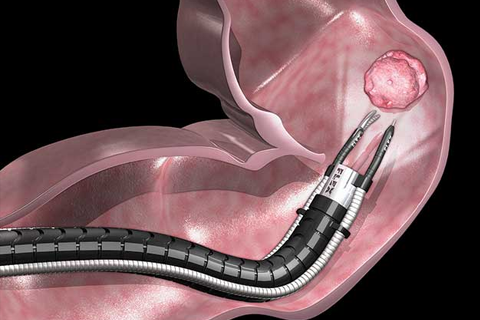

ERCP helps diagnose and treat problems of the bile and pancreatic ducts. Experts perform this procedure using a sedative. Doctors insert the endoscope through the oesophagus, stomach into the duodenum. The camera on top of the endoscope sends images to the monitor. Small tools that accompany endoscopes help experts open blocked or narrow ducts, remove stones or tumours in the ducts and insert stents.
A person must adhere to the strict diet plan that experts recommends for a few hours before and after the procedure. Take the laxative prescribed by the experts to clear your stomach and have a better internal view of your stomach. Consult with your expert and adjust the scheduling of medicines that you take for diabetes, high blood pressure, or heart problems. Do tell experts if you take medications or supplements that contain iron.
Colonoscopy and ERCP are effective diagnostic and treatment procedures with fewer risks. Complications can arise if sedative reacts during the exam or bleeding from the site does not stop. Rare are chances that a tear develops in the rectum wall. Experts discuss with the person all the concerns and after thorough analysis, recommends the procedure.
Experts send the polyps removed through ERCP to laboratories. It is to determine whether they are cancerous, precancerous, or noncancerous. There may arise the need for another colonoscopy if experts find more than two polyps, large polyps, or they are cancerous or indicate a higher risk of future cancer.